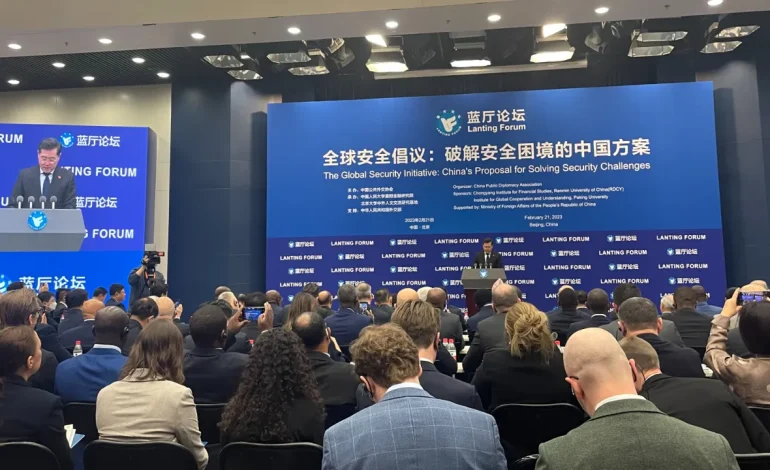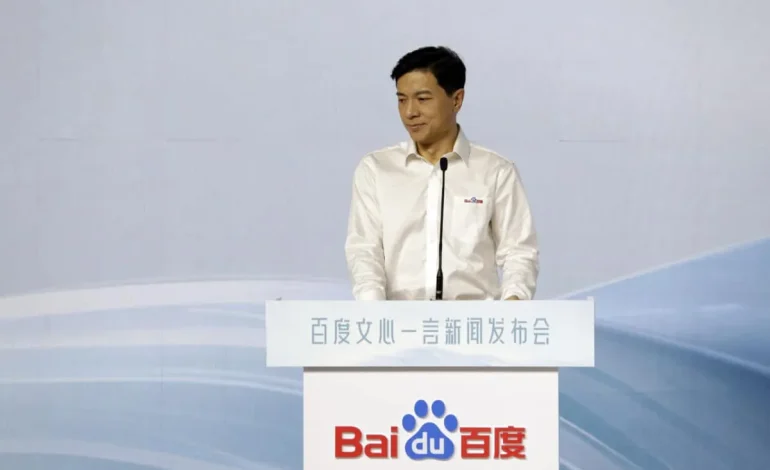
Introduction
China’s Cyberspace Administration (CAC) has launched investigations into several major internet platforms, including ByteDance’s Toutiao and Alibaba’s UCWeb, over their handling of trending-list algorithms. The probes highlight Beijing’s growing scrutiny of how online platforms rank and promote information, reflecting concerns over public opinion guidance, content accuracy, and potential manipulation.
Why trending lists matter
Trending lists have become central to China’s digital ecosystem. They shape what millions of users see on a daily basis, influencing not only entertainment and news consumption but also public discourse. Regulators argue that if left unchecked, algorithm-driven rankings can distort information flow, amplify sensationalist content, and create risks of misinformation or harmful narratives spreading quickly.
The CAC has made algorithm governance a policy priority since 2021, requiring platforms to register their algorithms and disclose key mechanisms. The new round of investigations suggests regulators believe compliance has been uneven and that some companies may be prioritizing commercial interests over content responsibility.
Focus of the investigation
According to statements, the investigations will look into whether platforms have properly labeled sponsored content, ensured balanced representation of news sources, and avoided artificially boosting topics for traffic. Authorities are also examining whether algorithms align with China’s content standards, including the avoidance of politically sensitive or harmful material.
Platforms found to be in violation could face fines, forced rectifications, or temporary suspension of services. In previous cases, regulators have ordered companies to overhaul their algorithms, tighten content moderation, and submit regular compliance reports.
Impacted companies
ByteDance and Alibaba are among the most high-profile firms under review. ByteDance’s Toutiao app, known for personalized news feeds, has a strong influence over daily information flows. Alibaba’s UCWeb browser has millions of active users and has relied on trending lists to drive engagement. Other platforms are also reportedly being questioned, though not all names have been disclosed.
Both companies have pledged cooperation with regulators. In past cases, firms have responded by updating their ranking mechanisms, introducing human oversight, and publishing transparency reports.
Broader regulatory context
The investigation comes as part of a broader regulatory push to tighten control over algorithms across China’s tech sector. Rules introduced in 2022 required companies to register details about their recommendation algorithms with regulators, marking one of the world’s first comprehensive regimes for algorithm governance.
The CAC has framed these efforts as essential to building a “healthy online environment.” In practice, this means balancing innovation with content controls and ensuring that public discourse is not unduly shaped by commercial or foreign interests.
Why this matters for users
For ordinary users, the outcome of these investigations may change how trending lists appear on their apps. Platforms may have to diversify content sources, reduce clickbait, and ensure more transparency in how lists are generated. While some critics worry this could reduce spontaneity and entertainment value, supporters argue that it will improve the quality and reliability of information online.
Industry implications
For the tech industry, the probes reinforce the need for compliance as a business priority. Companies will have to devote more resources to algorithm audits, human oversight, and legal reviews. Failure to comply risks reputational damage and possible restrictions on core products.
At the same time, regulatory clarity could help level the playing field. Smaller platforms often complain that larger competitors gain unfair advantage by manipulating rankings. Stricter rules may reduce such disparities and encourage healthier competition.
Global perspective
China’s approach to algorithm regulation is being closely watched worldwide. Western regulators have debated similar measures, with the European Union’s Digital Services Act including provisions for algorithmic transparency. By moving aggressively, China is setting a precedent that algorithms are no longer a purely private matter but a subject of state oversight.
However, international critics argue that such regulation may also be used to tighten political control over online speech. The balance between governance and censorship remains a sensitive issue.
Challenges ahead
For regulators, the challenge is technical complexity. Algorithms are proprietary, constantly evolving, and difficult to audit fully. Ensuring compliance without stifling innovation will be an ongoing struggle. For companies, the challenge is adapting business models that depend heavily on engagement-driven rankings while still satisfying regulatory demands.
Conclusion
The CAC’s investigation into trending-list algorithms at major platforms signals the next phase of China’s internet governance strategy. By holding companies accountable for how they shape online discourse, regulators aim to create a more controlled and reliable digital environment. For tech firms, this means greater compliance costs and less freedom in designing engagement tools. For users, it may mean a more curated but also more regulated online experience.






